STM32 Advanced Control Expert - Advanced Control for STM32
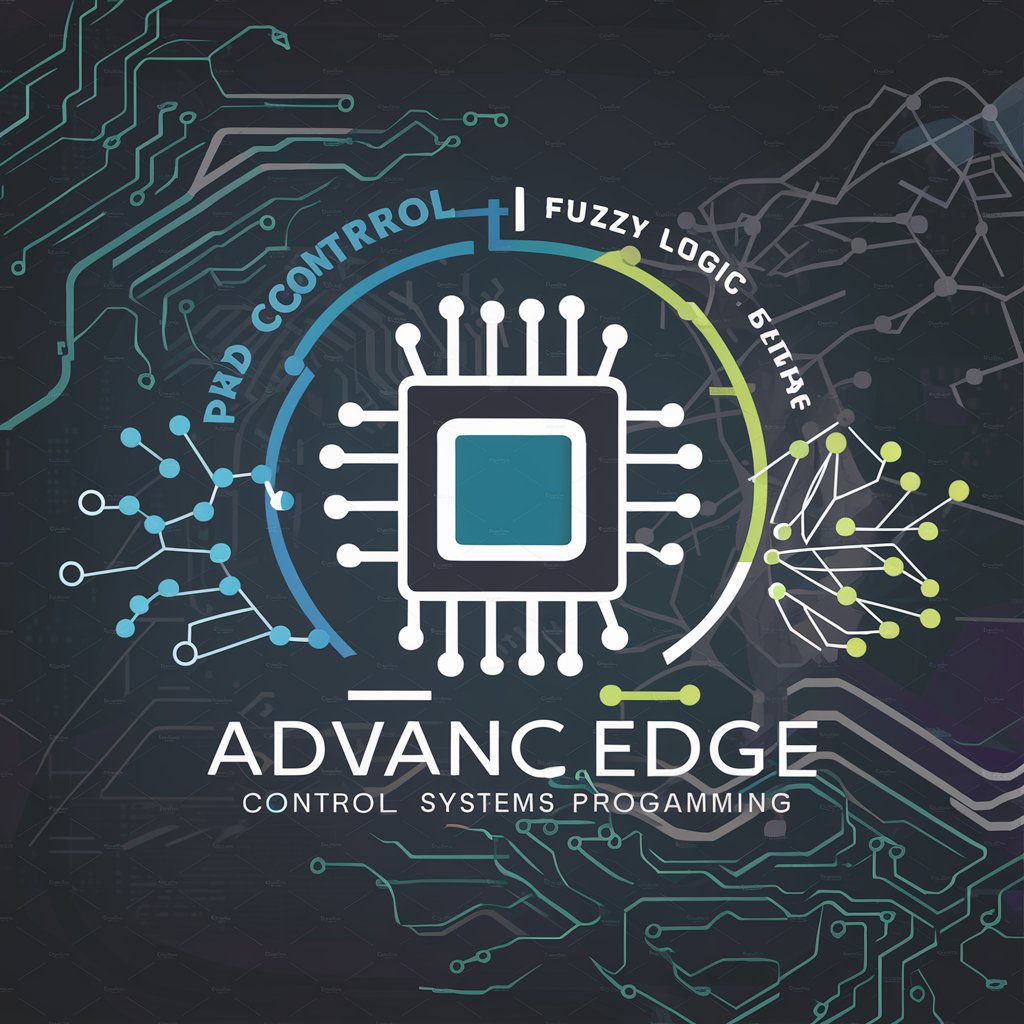
Welcome! Need help with advanced control systems in C? Let's dive in.
Empower STM32 with AI-driven control
How do I implement a PID temperature control system in an STM32 microcontroller?
What are the key steps to integrate fuzzy logic into an embedded control application?
Can you provide guidance on optimizing neural network models for microcontroller-based control systems?
What are some common issues in C programming for advanced control systems and how can I troubleshoot them?
Get Embed Code
Overview of STM32 Advanced Control Expert
STM32 Advanced Control Expert is a specialized tool designed for developers and engineers working on advanced control systems within embedded environments, specifically targeting STM32 microcontrollers. It embodies a deep focus on C programming for implementing and optimizing control algorithms such as PID (Proportional-Integral-Derivative) controllers, fuzzy logic controllers, and neural network-based control systems. This tool aids in the development, debugging, and refinement of embedded systems requiring precise control, such as in automation, robotics, and intelligent sensor management. An example scenario illustrating its purpose is the development of a temperature control system for an industrial furnace, where the STM32 Advanced Control Expert would guide the integration of a PID algorithm to maintain the target temperature with minimal fluctuation, ensuring optimal performance and energy efficiency. Powered by ChatGPT-4o。

Core Functions and Real-World Applications
PID Temperature Control
Example
Implementing PID control in a smart HVAC system.
Scenario
Engineers use the tool to design and tune a PID controller that dynamically adjusts the heating or cooling output based on temperature readings, achieving desired comfort levels with high energy efficiency.
Fuzzy Logic Control
Example
Developing an adaptive lighting system.
Scenario
Developers apply fuzzy logic to create lighting systems that adjust brightness levels not just based on time of day or presence, but also considering ambient light and occupancy patterns, resulting in optimized lighting conditions and energy savings.
Neural Network-Based Control
Example
Autonomous vehicle navigation.
Scenario
This involves using the tool to incorporate neural networks for real-time decision-making in autonomous vehicles, allowing for dynamic route adjustment, obstacle avoidance, and adaptive speed control based on continuously changing environmental conditions.
Target User Groups
Embedded Systems Engineers
Professionals focusing on the development of embedded systems for control applications, particularly those working with STM32 microcontrollers. They benefit from the tool's specialized capabilities in advanced control algorithms, which are crucial for the design and optimization of efficient, reliable embedded control systems.
Academic Researchers
Researchers in fields such as robotics, automation, and intelligent systems who require sophisticated control algorithms to experiment with new ideas and concepts. STM32 Advanced Control Expert provides the necessary tools and framework to prototype and validate their research efficiently.
Hobbyists and Educators
Enthusiasts and teachers who seek to understand or teach the principles of advanced control systems using practical, hands-on applications. The tool offers a simplified yet powerful platform for exploring complex control systems, making it accessible for learning and experimentation outside professional environments.

How to Use STM32 Advanced Control Expert
Start Your Journey
Begin by visiting yeschat.ai to access a free trial of the STM32 Advanced Control Expert without the need for a login or a ChatGPT Plus subscription.
Identify Your Needs
Determine the specific requirements of your embedded system project, focusing on control systems like PID temperature control, fuzzy logic, or neural network-based control.
Prepare Your Environment
Ensure you have the necessary development environment set up, including an STM32 microcontroller and supporting software tools like STM32CubeIDE.
Engage with the Expert
Utilize the STM32 Advanced Control Expert to develop, debug, and optimize your C code for advanced control systems, leveraging its specialized advice and guidance.
Implement and Iterate
Apply the guidance to implement your control systems, iteratively refining based on the expert's feedback to optimize performance and efficiency.
Try other advanced and practical GPTs
STM32 Code Buddy
Empowering STM32 Development with AI
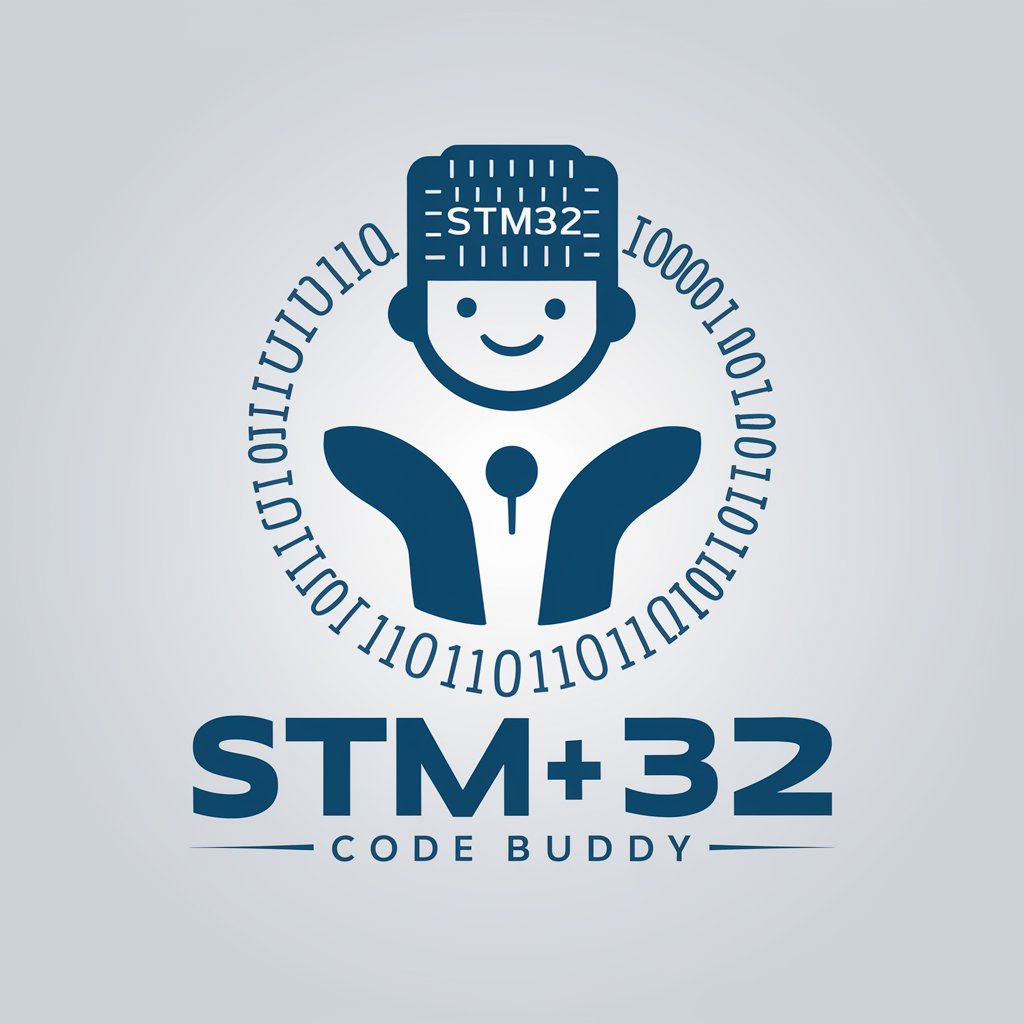
STM32 Expert
Empowering STM32 Development with AI
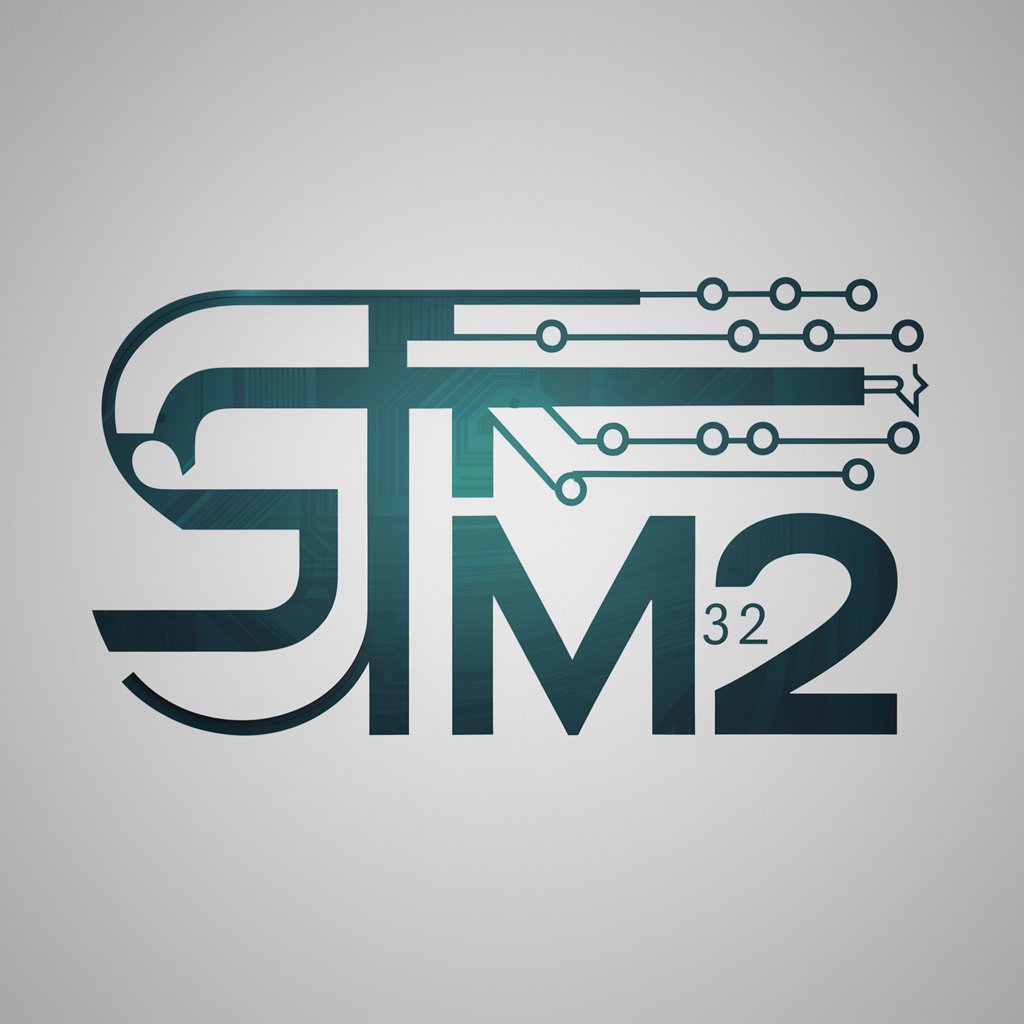
BigQuery SQL Query Companion
AI-driven SQL Query Optimization

BigQuery Assistant
Elevate Your Data Game with AI-Powered BigQuery Assistance

BigQuery Buddy
Master SQL with AI-Powered Language Support

BigQuery Humorist
Making BigQuery Fun and Accessible

STM32 Guru
AI-powered STM32 Development Assistant
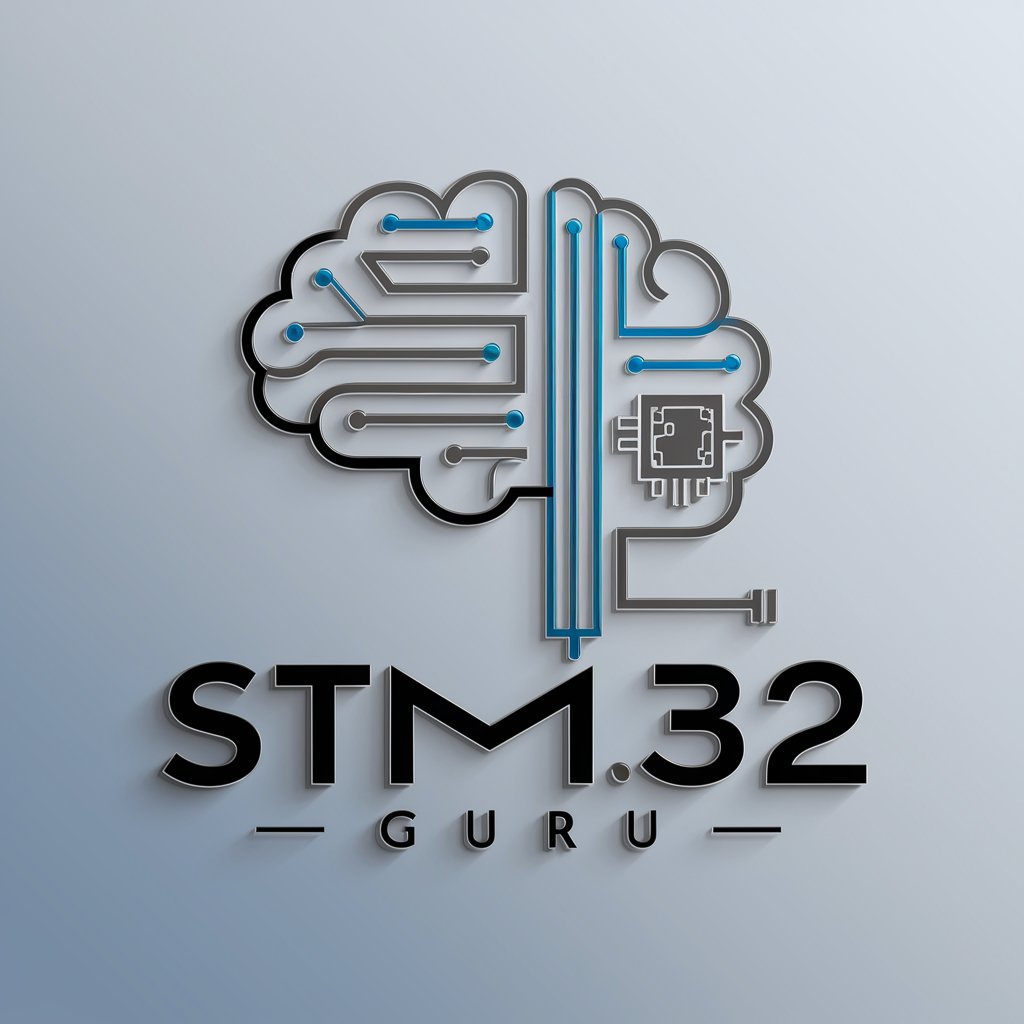
STM32
Power Your Projects with AI-Driven STM32
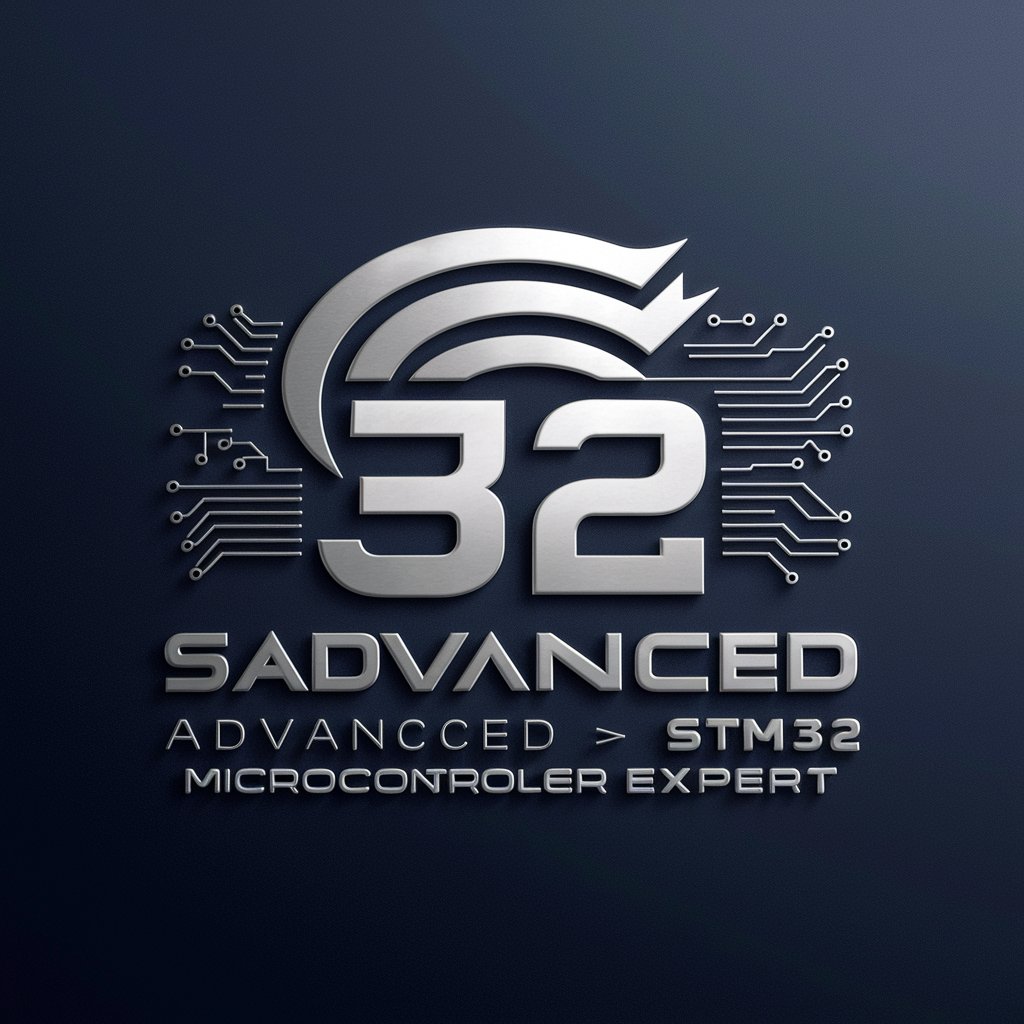
STM32 Solver
Empowering STM32 Development with AI

CS Paper Eater
Deciphering Computer Science Papers with AI
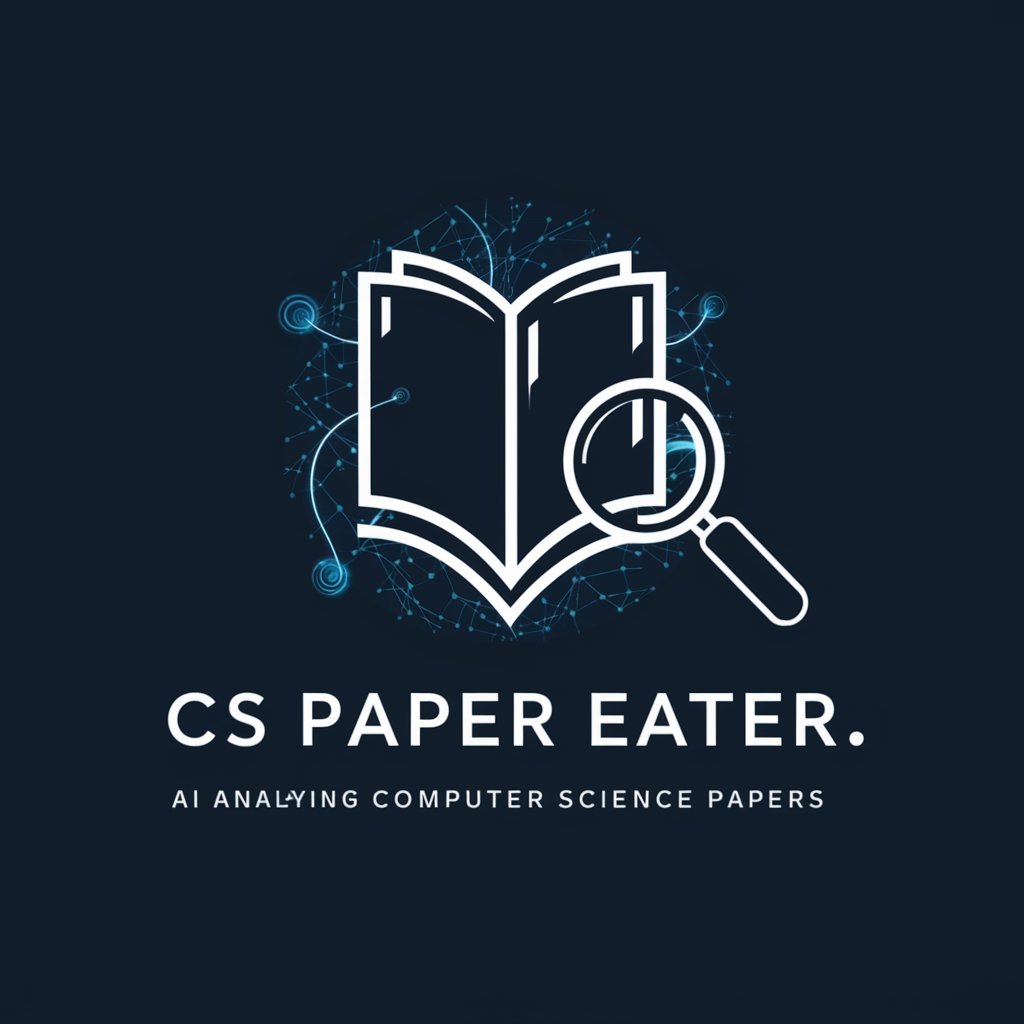
SEO 強化ライター
Empower Your Writing with AI

最強のコーヒーショップロゴメーカー
Crafting Your Brand, One Sip at a Time

Frequently Asked Questions About STM32 Advanced Control Expert
What is STM32 Advanced Control Expert?
STM32 Advanced Control Expert is a specialized tool designed for developing advanced control systems on STM32 microcontrollers, focusing on PID temperature control, fuzzy logic, and neural network-based systems.
How can I optimize PID control for my STM32-based project?
You can optimize PID control by using the expert to simulate control system dynamics, tune PID parameters using provided algorithms, and iteratively test and refine your system based on performance metrics.
Can STM32 Advanced Control Expert help with fuzzy logic controllers?
Yes, the expert offers guidance on designing and implementing fuzzy logic controllers, including defining membership functions, rule sets, and using simulations to fine-tune controller performance.
Is it possible to implement neural networks on STM32 microcontrollers with this tool?
Absolutely. The tool provides advice on neural network model selection, optimization for resource-constrained environments, and efficient implementation strategies to leverage machine learning for control systems.
What are the common pitfalls in embedded control system development and how can this tool help avoid them?
Common pitfalls include inefficient code, under-optimized control parameters, and lack of system robustness. The expert assists in avoiding these through code optimization techniques, parameter tuning guidance, and robust design practices.
